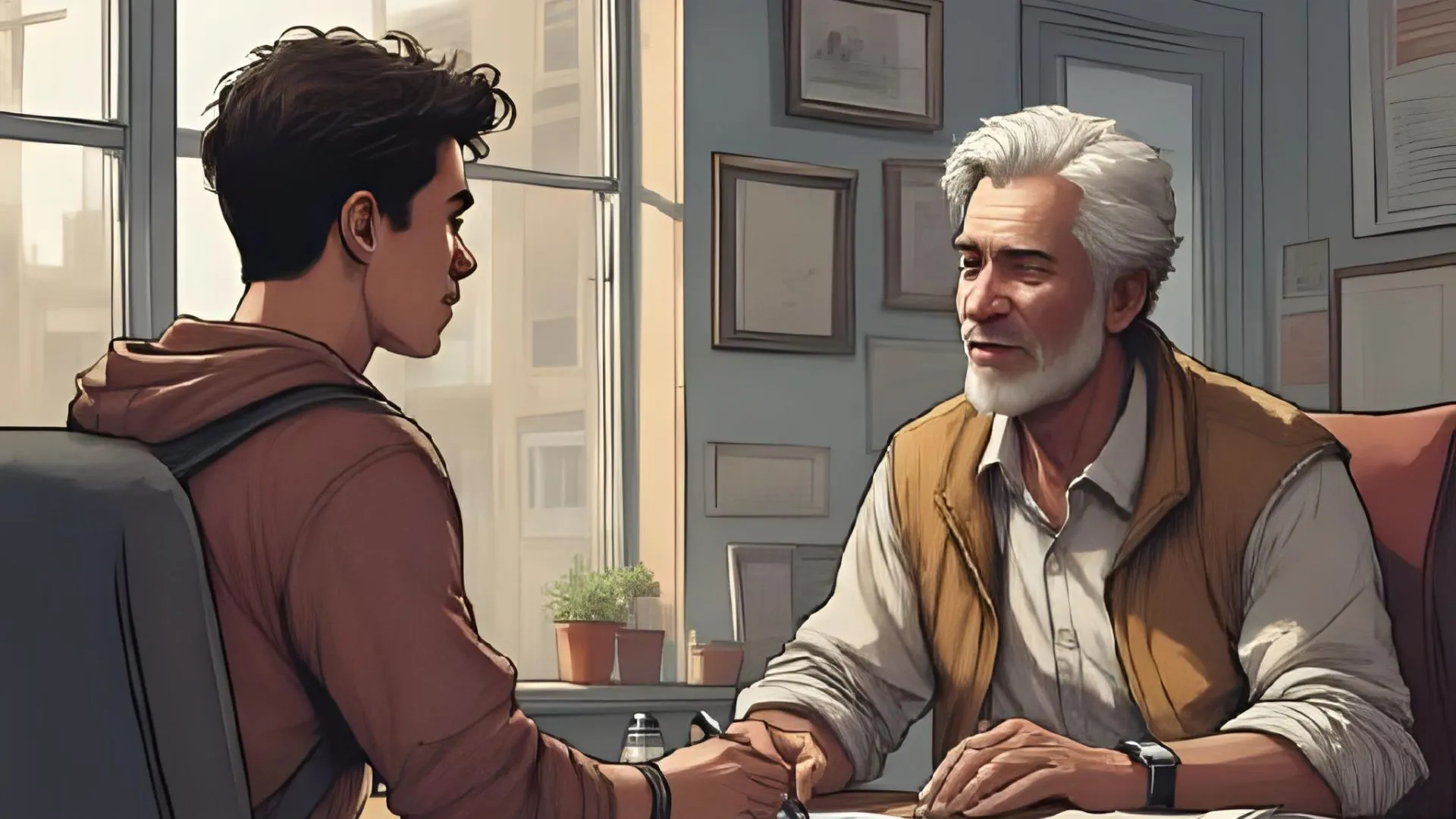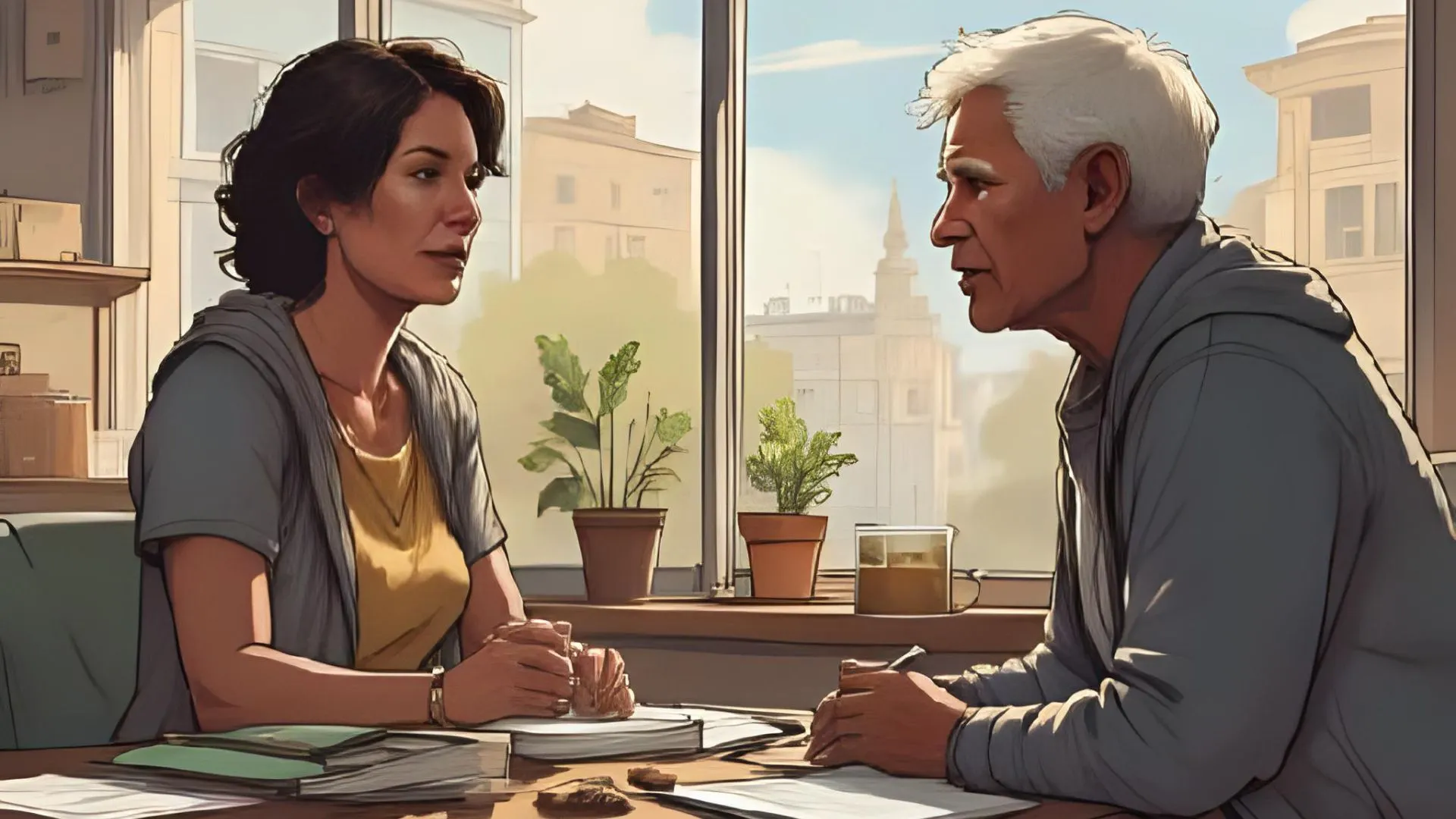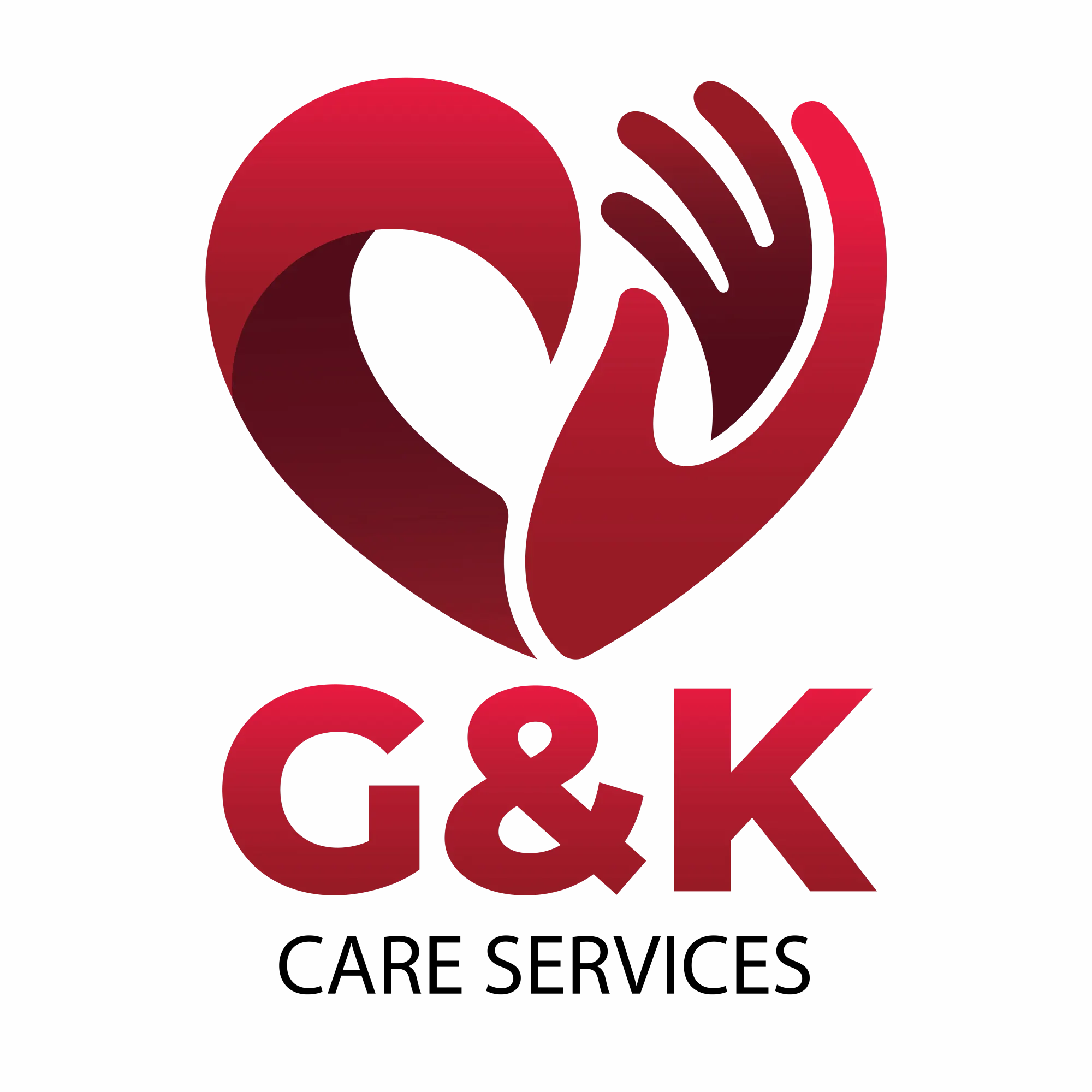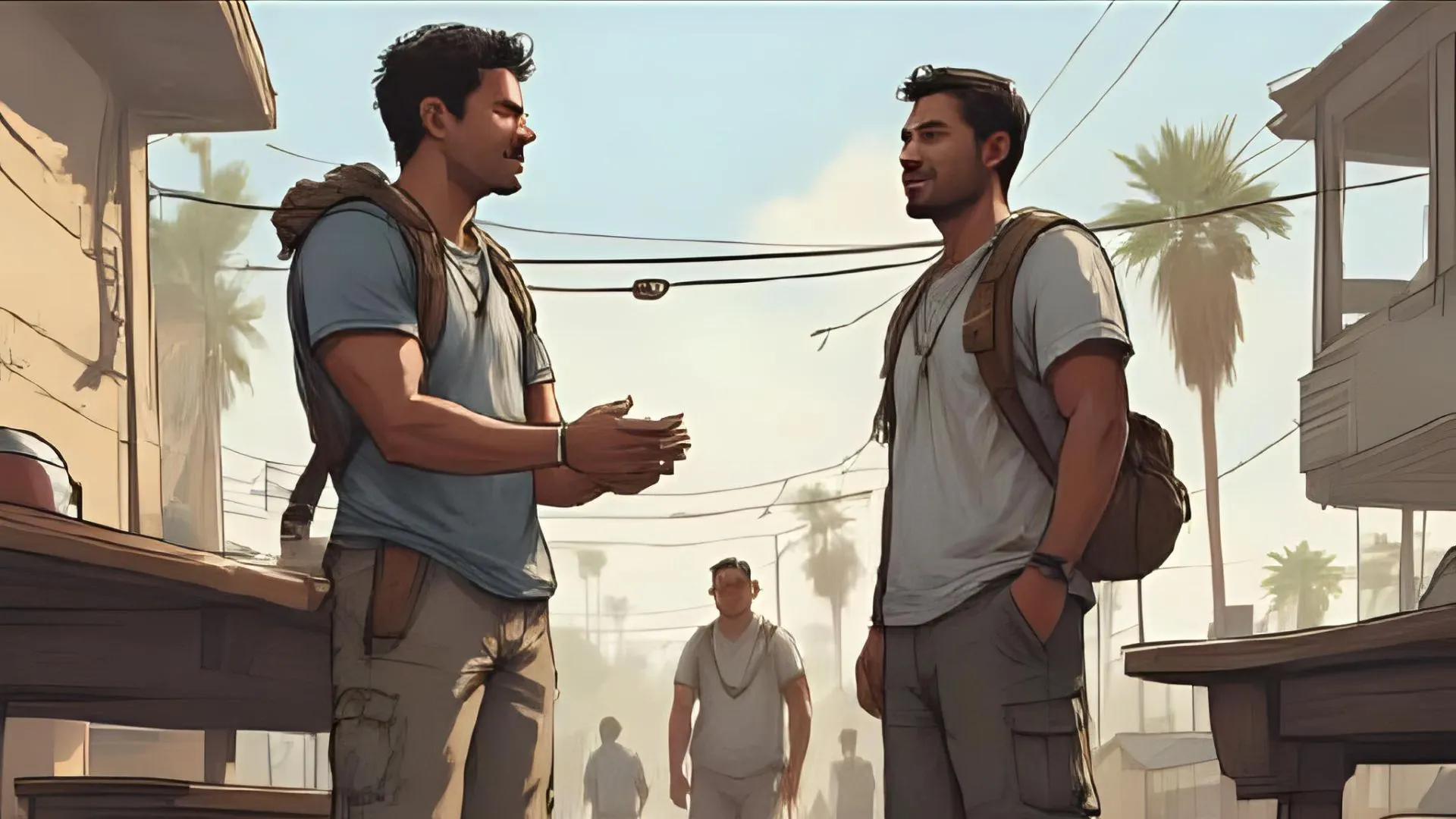The Life Skills Gap: Why Care Leavers Need More Than Information-They Need Practice
The scene plays out dozens of times every year:
An 18-year-old is about to leave care. Their social worker hands them a folder packed with information.
Budgeting worksheets. Housing benefit forms. Leaflets about tenancy rights. A list of local job centres.
"You've got everything you need here," they're told. "Good luck."
Six months later, that young person is:
- In rent arrears because they didn't understand direct debits
- Eating nothing but takeaways because no one taught them to meal plan
- Unemployed because they bombed their first interview
- Isolated because they don't know how to build support networks
- Overwhelmed because knowing ABOUT something isn't the same as knowing HOW to do it
This is the life skills gap.
And after 35 years in frontline social work, I can tell you: We're filling it the wrong way.
The Information Fallacy

There's a persistent belief in social care that if we just give young people enough information, they'll figure out the rest.
✅Budget template?
✅ Cooking guide?
✅ Job search tips?
✅ Job done, right?
Wrong.
Because information without application is just words on a page.
Think about how you learned to drive.
You didn't just read the Highway Code and then successfully navigate a roundabout.
You needed:
- Repeated practice in a safe environment (empty car parks)
- Real-time feedback from an instructor
- Permission to make mistakes without serious consequences
- Gradual progression to more challenging scenarios
- Reflection on what went well and what didn't
Why do we expect care leavers to master complex life skills any differently?
The Three Types of Learning Care Leavers Actually Need

In developing our Charting Your Path programme, we've built on decades of educational research and lived experience to incorporate three distinct but interconnected types of learning:
1. Informational Learning: The "What" and "Why"
Yes, young people need to understand concepts.
What is a budget? Why does nutrition matter? What are my tenancy rights?
This is foundational knowledge—necessary but not sufficient.
Most services stop here. That's the problem.
2. Experiential Learning: The "How" Through Practice
This is where transformation happens.
Don't just explain budgeting—give them a fictional income and realistic expenses, then guide them through making choices.
Don't just describe job interviews—simulate them. Film them (with permission). Let them see themselves, cringe a bit, try again.
Don't just discuss conflict resolution—role-play scenarios. Practice assertive communication. Debrief what worked.
Experiential learning builds competence through safe practice.
When Jasmine, one of our residents with learning disabilities, struggled with budgeting, we didn't give her another worksheet.
We gave her £800 (fictional), a list of typical expenses, and said: "You figure out how to allocate this. Rent is £400. What choices would you make for the rest?"
She had to grapple with trade-offs. Prioritize needs versus wants. Plan for emergencies.
That's how learning sticks.
3. Reflective Learning: The "So What?" and "Now What?"
This is the most overlooked component—and perhaps the most crucial.
After experiential activities, we guide young people to reflect:
- "What was challenging about that exercise?"
- "What surprised you?"
- "When might you face similar situations in real life?"
- "What support might you need?"
- "What strengths did you discover?"
Reflection connects learning to their unique journey.
It fosters self-awareness. It helps them understand their patterns, triggers, and resources.
Without reflection, experiences become disconnected events rather than building blocks for growth.
Why Role-Playing Isn't Just "Acting"-It's Essential Preparation

I hear this objection sometimes: "Role-playing feels fake. Young people don't take it seriously."
Here's my response: Every high-stakes professional practice role-plays.
Pilots use simulators before flying planes.
Surgeons practice on models before operating on humans.
Soldiers run drills before deploying to combat zones.
Why? Because you don't want the first time to be the real time.
When we role-play job interviews with care leavers, we're not playing games.
We're creating a low-stakes environment where they can:
- Practice articulating their strengths
- Work on body language and eye contact
- Experience the awkwardness of silence
- Get feedback without consequences
- Build confidence through repetition
By the time they walk into a real interview, they've already "failed" safely—and learned from it.
That's not fake. That's effective preparation.
The Overlooked Skills That Matter Most

In our Deep Dive conversation about the Charting Your Path programme, we explored life skills that extend far beyond the practical basics.
Yes, budgeting and cooking matter.
But so do:
Self-advocacy: The ability to articulate your needs, set boundaries, and stand up for yourself respectfully. Essential for housing disputes, workplace negotiations, healthcare appointments.
Emotional regulation: Managing difficult feelings, coping with stress, bouncing back from setbacks. You can't execute a budget if you're in emotional crisis.
Building support networks: Knowing who to turn to for different types of help. Recognizing that asking for support is strength, not weakness.
Cultural identity: Understanding and celebrating what makes you unique. Connecting with your heritage. Building self-esteem rooted in authentic identity.
Most care leavers haven't had explicit teaching in any of these areas.
They're expected to somehow intuit skills that typically develop gradually over 18 years within supportive family environments.
It's an unreasonable expectation—and it's why so many struggle.
The Power of Peer Support
Here's something we've learned: Young people often learn best from each other.
When a care leaver hears from another care leaver, "Yeah, I struggled with that too, and here's what helped me," it lands differently than hearing it from a professional.
Why?
- Shared experience: They immediately understand the context
- Credibility: "If they figured it out, maybe I can too"
- Reduced isolation: "I'm not the only one who finds this hard"
- Practical strategies: Peer advice is often more actionable
That's why our Charting Your Path workbook, while designed for one-to-one use, incorporates numerous opportunities for group activities.
Sharing reflections on personal values.
Discussing challenges and brainstorming solutions together.
Celebrating each other's progress.
It's not just about skills—it's about building community.
Care leavers need to know they're not alone on this journey.
What This Means for Practitioners
If you're a key worker, social worker, or residential care staff member, here's what I want you to take away:
1. Stop relying solely on information.
Leaflets and worksheets have their place, but they're not enough.
2. Create opportunities for practice.
Simulate scenarios. Role-play. Let young people make mistakes in safe environments.
3. Build in reflection.
After every activity, ask: "What did you learn? How might this apply to your life? What support might you need?"
4. Foster peer connections.
Facilitate group activities. Create spaces for young people to learn from each other.
5. Remember the overlooked skills.
Don't just focus on cooking and budgeting. Address emotional regulation, self-advocacy, building support networks.
6. Get trained.
Effective experiential and reflective facilitation is a skill in itself.
At G&K Care Services, we train key workers not just in the content of life skills, but in the pedagogy—how to facilitate learning in ways that truly empower young people.
The Bottom Line
Care-experienced young people aren't lazy, unmotivated, or incapable.
They're facing an impossible task: compressing 18 years of gradual skill development into a few months before they age out of the system.
We owe them more than information.
We owe them:
- Structured opportunities to practice
- Safe environments to make mistakes
- Patient guidance as they build competence
- Reflection to connect learning to their lives
- Community to reduce isolation
That's what the life skills gap really is: not a knowledge gap, but a practice gap.
And closing it requires intentional, evidence-informed approaches.
Not just handing someone a folder and wishing them luck.
G&K Care Services offers:
- OFSTED-registered supported accommodation for 17-18 year olds
- CQC-registered accommodation with personal care for 18+
- Comprehensive training for key workers in experiential life skills facilitation
- The Charting Your Path workbook and programme
Current vacancies available. Training cohorts forming.
📧 [email protected]
📞 02033938277
🔗 https://gandkcareservices.com
Gradle Gardner Martin has over 35 years of experience in frontline social services and care. She specializes in supporting care-experienced young people with complex needs including autism, ADHD, learning disabilities, attachment issues, and mental health challenges.

